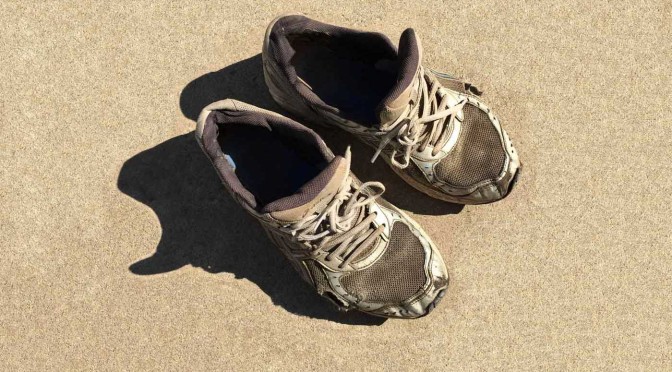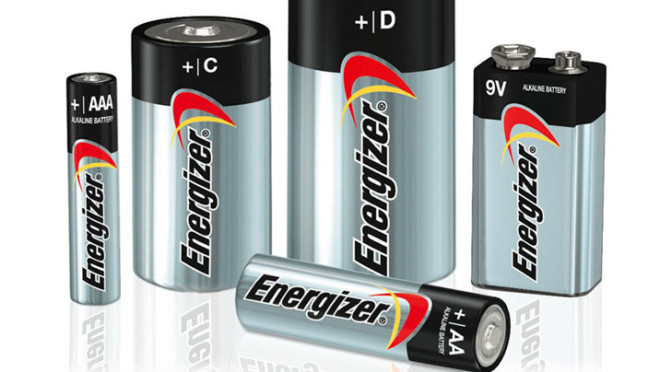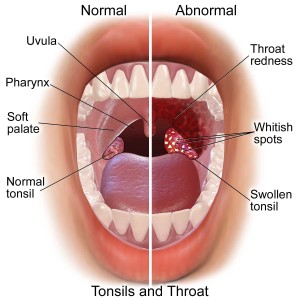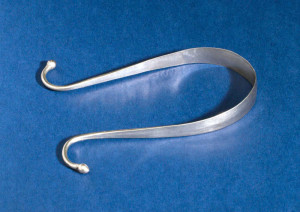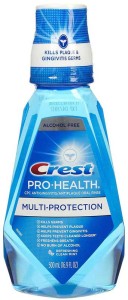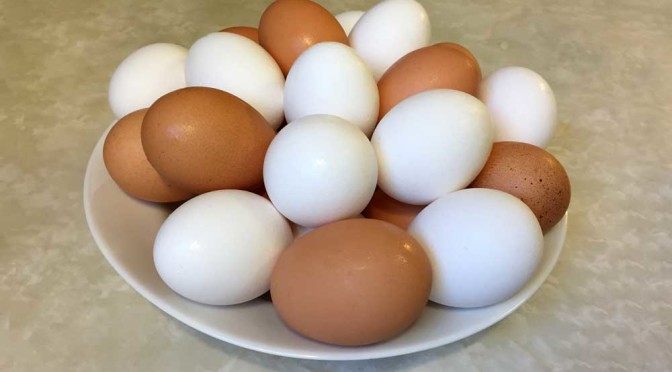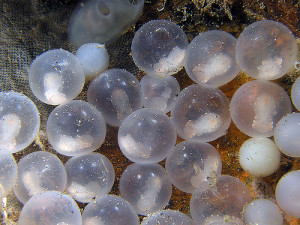Hard working shoes, depending on their use will eventually develop a certain unpleasant odor.
Feet like most other parts of our body will sweat to produce a cooling sensation. The thousands of glands in our feet can produce nearly a cup of sweat a day which is essentially of salty water. Our feet also host a couple of types of cute bacterial organisms which, as all other creatures, deserve to exist.
These organisms feed constantly on the sweat the glands of our feet produce and body odor is the byproduct of these bacterial organisms releasing gases.
Interestingly enough, different kinds of bacteria live off our body producing different types of odors. The feet probably give off the most pungent odor.
So, hard working shoes have been on the job day after day and an occasional wash in the clothes washer is a wonderful idea; hot water of course. Washing may promote the break down a bit the life span of the shoe’s composition.
In between washes, spray rubbing alcohol into the shoes to kill the bacteria and eliminate the odor. Do not be shy to just dump a lot of alcohol into the shoes. Soak them and dry them in the sun.
Tip for leather shoes:
The above method of cleansing, minus the washing machine, also works for leather shoes.
Leather shoes can sometimes be a bit tight when first purchased.
Soak them inside with rubbing alcohol where they seem tight and then wear them while wet.
Doing this 2 or 3 times will stretch them to the contour of your feet.
